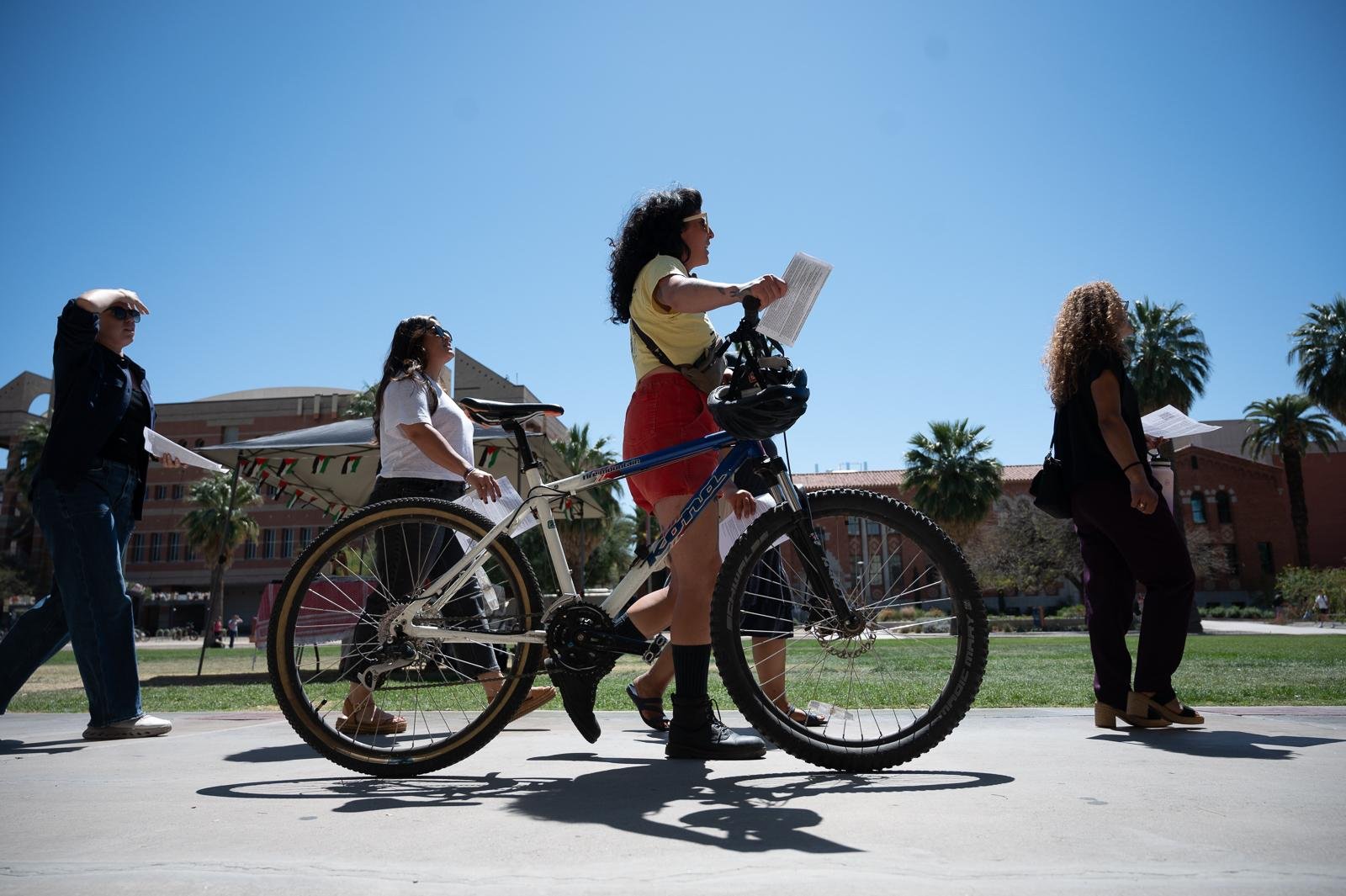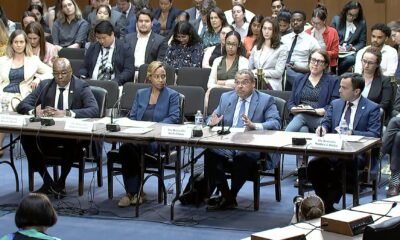border
Tucson Lawyer Takes On Trump Administration in Fight Against ‘Unlawful’ Student Visa Cancellations

A Tucson attorney has initiated lawsuits on behalf of two university students, challenging the Trump administration and U.S. Immigration and Customs Enforcement (ICE). The suits claim that their visas, which allowed them to study in the U.S., were “abruptly and unlawfully” terminated.
Matthew Green, of Green Evans-Schroeder, filed the lawsuits in federal court on Tuesday. He argues that his clients are just two among hundreds of students on F-1 visas who recently received notices about losing their legal status. “ICE’s policy of unlawfully terminating SEVIS records appears to be designed to coerce students into abandoning their studies or post-graduate employment,” he stated.
In the lawsuits, Green seeks a judicial declaration that the visa terminations were illegal, asking for the restoration of access and protection from any enforcement actions related to their situations. He warned that ICE may attempt to detain them in Louisiana.
The Arizona Daily Star first reported on the lawsuits, which are part of a broader crackdown on international students by the Trump administration. Reports indicate at least 1,300 students from over 210 colleges have had their legal statuses altered, often due to political activism or minor offenses.
In Arizona alone, at least 50 students from Arizona State University lost their visas in recent weeks. The University of Arizona has not disclosed how many students may have lost their visa rights, citing privacy concerns.
In early April, the two students behind the lawsuits—one a master’s student and the other pursuing a doctoral degree—were informed that their SEVIS records had been terminated. ICE oversees these records through the Student and Exchange Visitor Program, tracking students’ legal rights to study and work in the U.S. Green noted that both students received terminations due to “failing to maintain status” associated with minor misdemeanors.
Green emphasized that both students had their misdemeanor charges dismissed. He indicated that their terminated SEVIS records seem part of a broader trend targeting specific nationalities, including African and Middle Eastern students.
Statistics suggest nearly 22,000 students on F-1 visas are studying in Arizona, with a significant number coming from Asian countries. Loss of F-1 status can occur for various reasons, including unauthorized employment or involvement in crimes carrying severe penalties.
Despite being arrested for minor offenses, the students did not meet the conditions for visa termination. Their legal representation argues that they had fulfilled all visa requirements and had not engaged in behavior warranting such drastic measures.
Green pointed out that a visa revocation should not automatically lead to SEVIS termination, enabling students to continue their studies. He criticized ICE for allegedly abusing the SEVIS system to expedite removals without proper legal processes.
Green also warned of potential retaliatory arrests occurring post-visa revocation, seeking court measures to prevent such actions. U.S. District Judge James Soto is currently reviewing one of the cases, while U.S. District Judge Jennifer Zipps is overseeing the other. Soto issued a temporary restraining order to maintain the status quo until a hearing later this month, whereas Zipps scheduled a hearing to discuss the motion for pseudonyms.

















